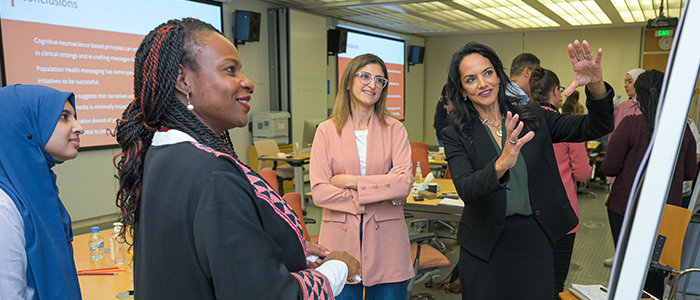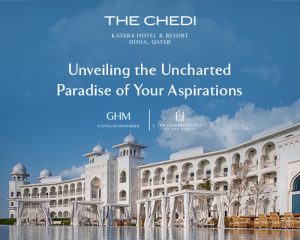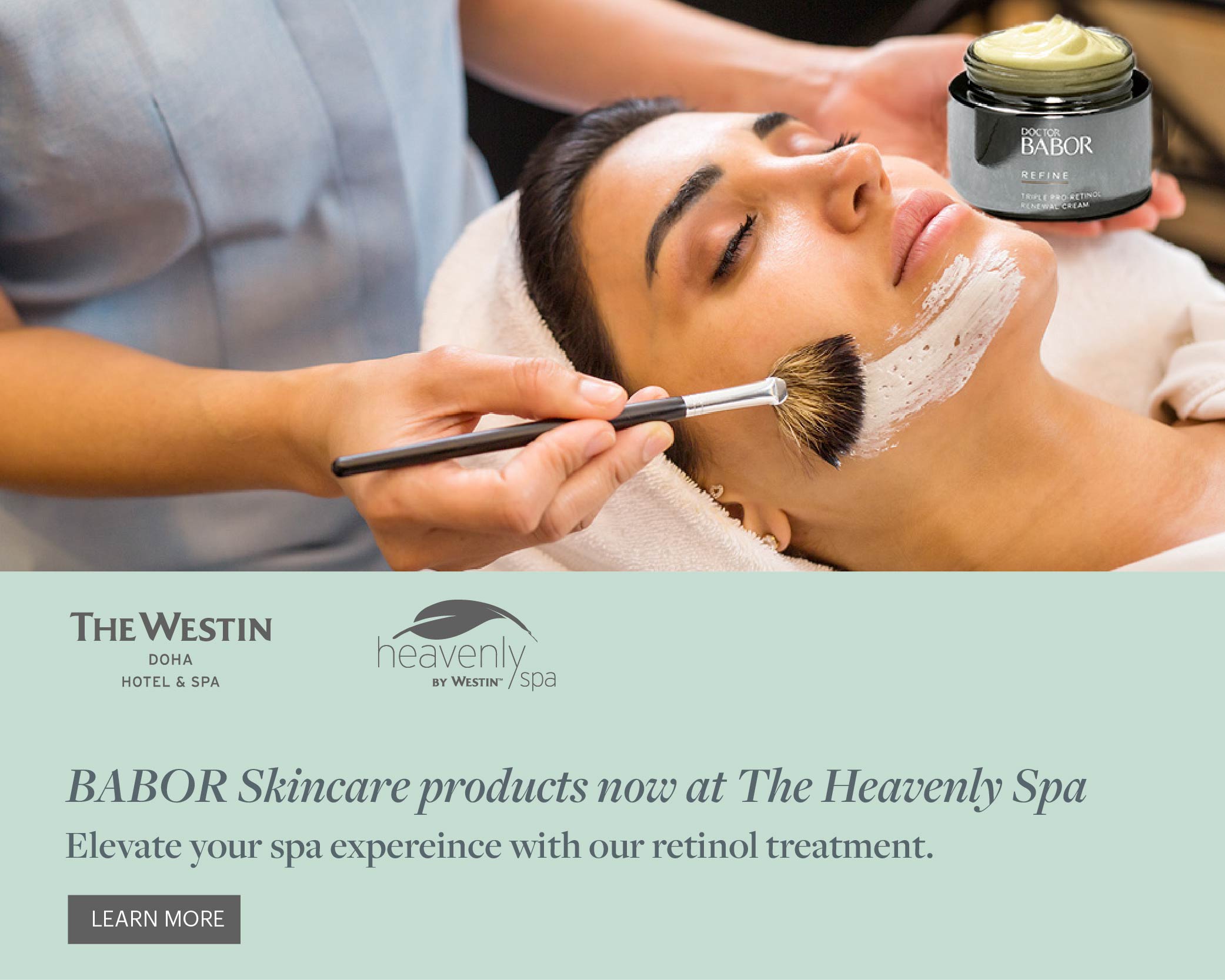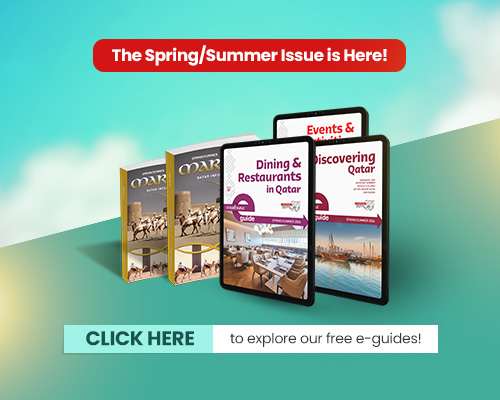‘Communicating Science’ Course at WCM-Q Explores Impact of Science and Health Literacy
The Health Sciences Library and Division of Continuing Professional Development (CPD) at Weill Cornell Medicine-Qatar (WCM-Q) recently held a two-day course to investigate how the art of communicating science impacts public engagement with health messages at both the individual and population levels.
Titled Leveraging Science Communication Tools to Craft Effective Health Messages, the course was directed by Jamie Gray, associate librarian and director of the Health Sciences Library at WCM-Q. The event was attended by allied health professionals, educators and health communicators.

The course faculty included WCM-Q Dean Dr Javaid Sheikh, Dr Maya Adam of Stanford School of Medicine, and Dr Ross MacDonald and Sinéad O’Rourke, both from WCM-Q.
Science and communication
Participants explored the basic principles of science communication, how science and health literacy impacts health behaviours and understanding of scientific evidence, the effects of misinformation and why it can be so tricky to combat, and how to effectively create evidence-informed health messages for different audiences and platforms.
In addition, the course also explored how the scientific process, human cognition and various social factors contribute to the public’s willingness to engage in scientific discussions.
Summarising her approach to health communication, Dr Adam, said that effective health education needs to be accessible across cultures, languages and education and literacy levels. She said that storytelling is a universal language that we can use to engage diverse audiences, communicate critical information and help audiences retain what they have learned.
Our responsibility – as scientists and healthcare providers – is to translate evidence-based health recommendations into formats that will reach people where they are.
This means delivering accessible health media on the platforms where people seek information and delivering it in ways that appeal to and make sense to them.
Gray said that as the health information ecosystem evolves, it’s imperative that we think about the system holistically. Exploring scholarly, science and health communication as a continuum and how those domains intersect when it comes to our health decision-making is vital to finding the best avenues for empowering individuals and communities in their own well-being journeys.
Information is power. But that information needs to be shared in a way that is meaningful and useful to people in their everyday lives.
As a medical education and research institution, Dr Sheikh said there is an important scientific education element that they must always take into consideration as part of their overall role and responsibility.
By effectively raising awareness and understanding of science-related topics, we are able to encourage science literacy and subsequently positively impact health behaviour and engagement on an individual and community level.
Vice Dean for Academic and Curricular Affairs Dr Thurayya Arayssi said they are committed to offering healthcare professionals an abundance of opportunities for continuing medical education and professional development.
Our truly diverse range of workshops therefore not only touch on relevant medical education and research elements but also extend to other areas that positively contribute to the important work we do at WCM-Q.
In Qatar, WCM-Q is accredited as a provider of continuing medical education by the Department of Healthcare Professions (DHP) of the Ministry of Public Health (MoPH) and is accredited internationally by the Accreditation Council for Continuing Medical Education (ACCME).
Check out Marhaba’s FREE e-Guides for everything you need to know about Qatar.








